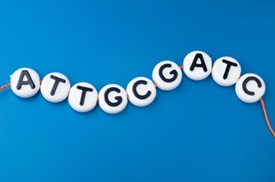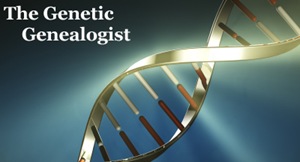An article entitled “Gene Test Kits – Can They Lead To Dating Services” by Annalee Newitz discusses the author’s thoughts on the implications of genome sequencing offered by the number of companies that have sprung up in the past year. As a genetic genealogist who is interested in the intersection of law, science, and ethics, I’m always interested in articles that examine the ethical issues associated with affordable genome sequencing. Unfortunately, this article turned out to have little substance behind some serious accusations.
“Snake Oil”?
Newitz begins by mentioning companies 23andMe and deCODEme, both of which recently launched genome scanning services. She then proceeds to her thesis, which is that these services are not only not useful, they are dangerous. She states:
 Amy Harmon, a science writer for the New York Times, writes “
Amy Harmon, a science writer for the New York Times, writes “
 On the heels of my recent post discussing all the interesting information that’s recently entered the blogosphere about genetic genealogy and DNA studies, here are a few more:
On the heels of my recent post discussing all the interesting information that’s recently entered the blogosphere about genetic genealogy and DNA studies, here are a few more: Earlier today I posted about the recent updates to the 23andMe service, including an enhanced Gene Journal section and the new Paternal Ancestry.
Earlier today I posted about the recent updates to the 23andMe service, including an enhanced Gene Journal section and the new Paternal Ancestry.